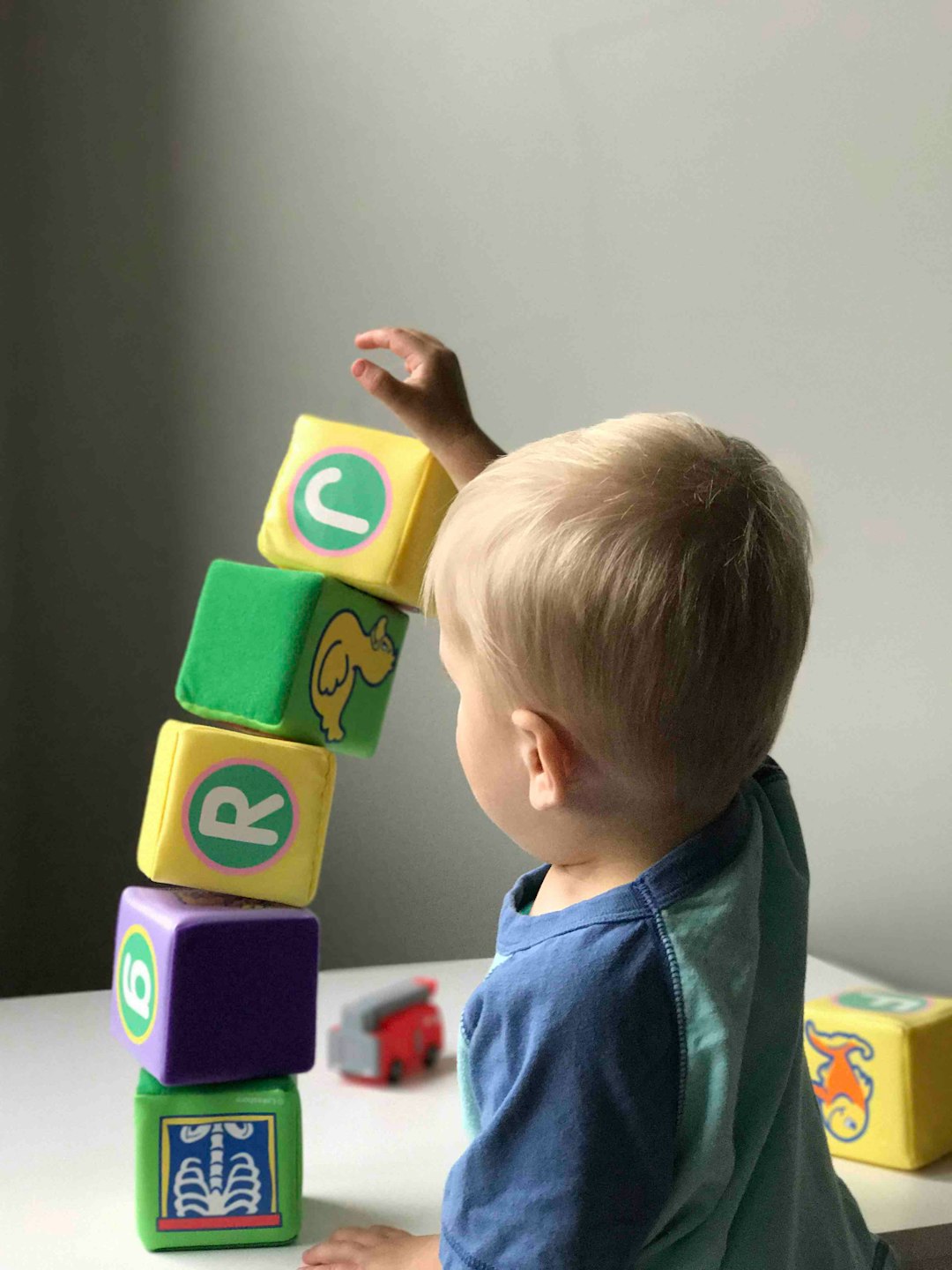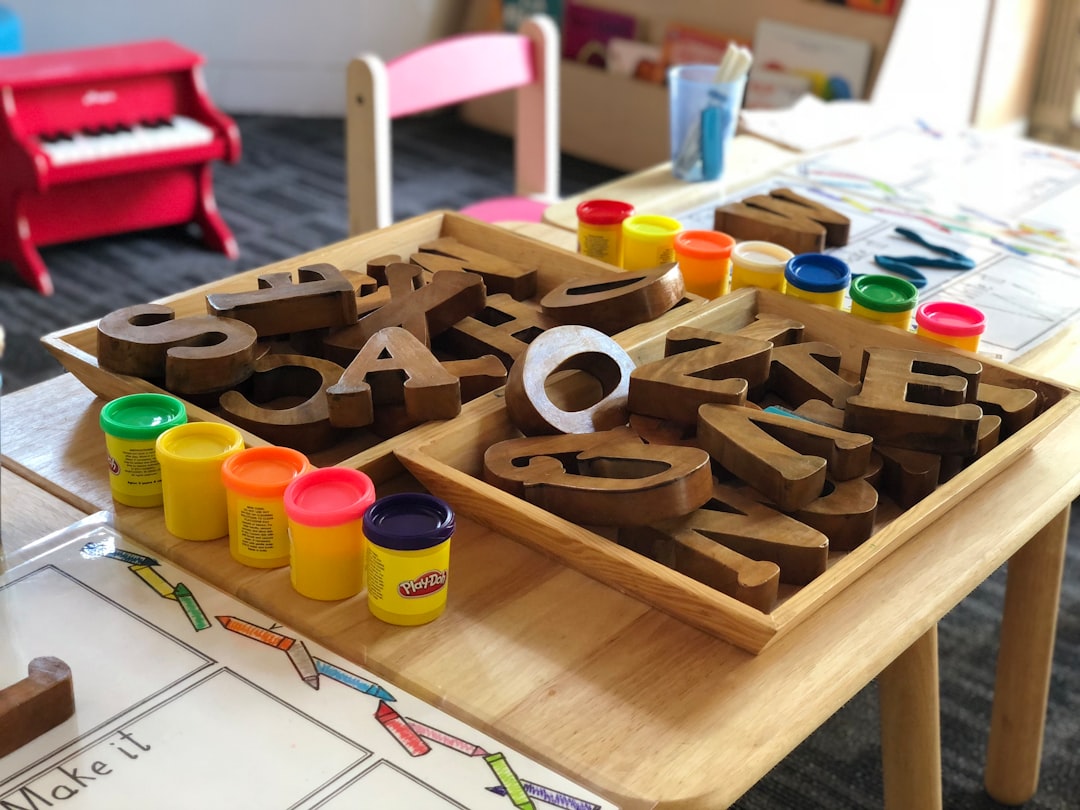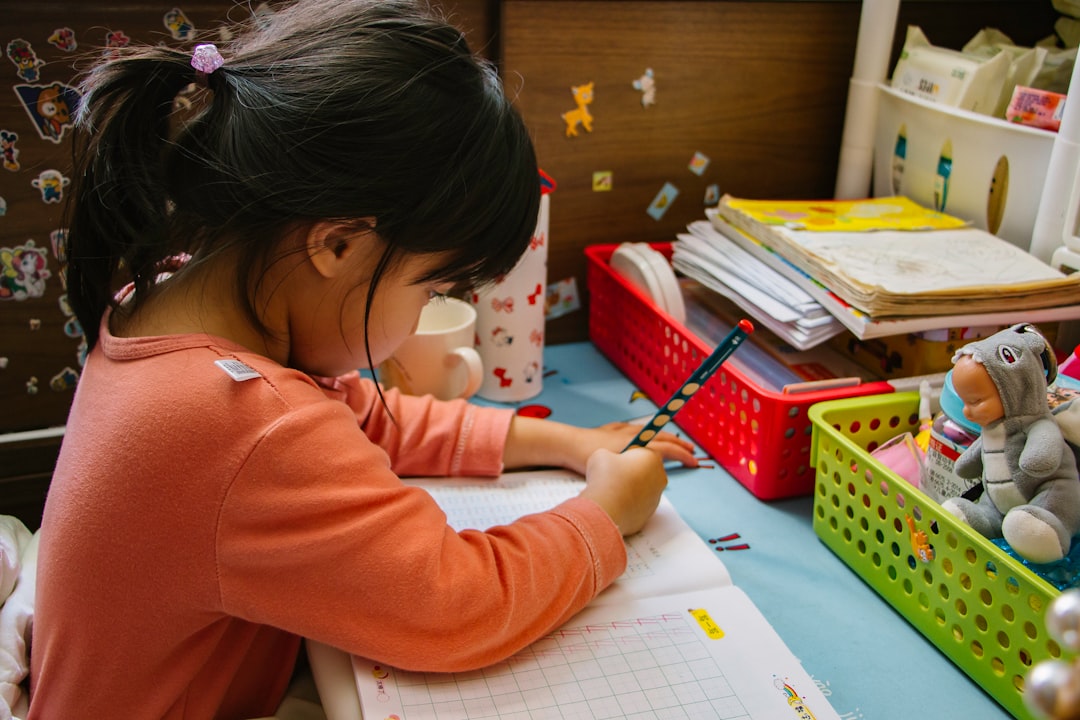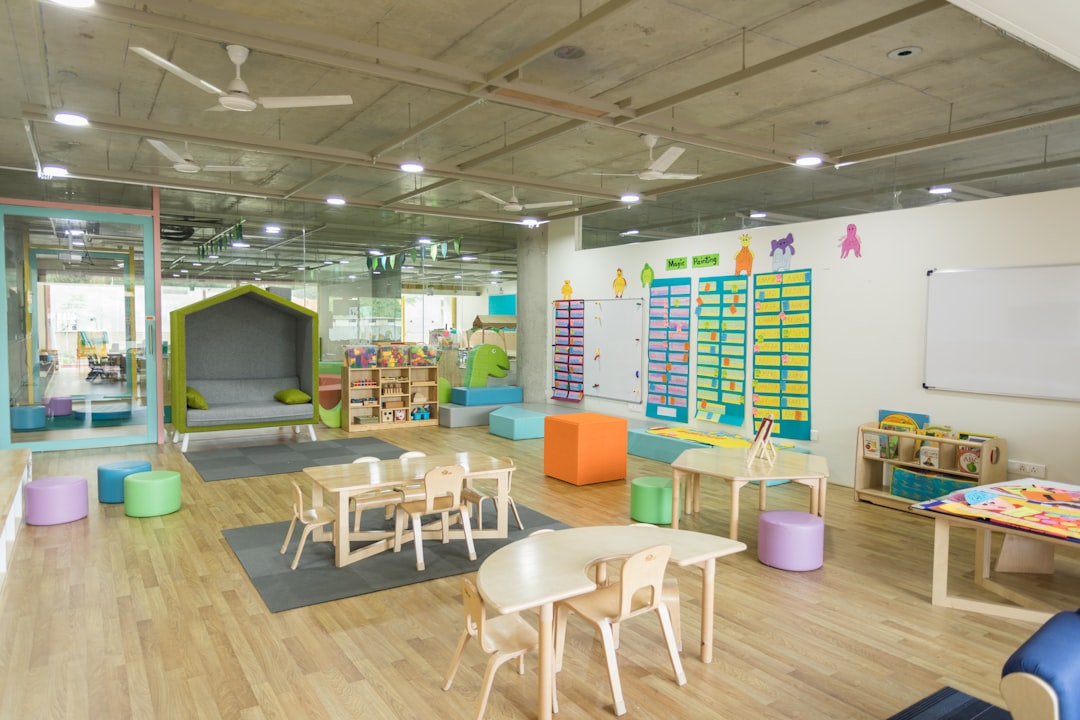Children communicate uniquely, often through actions or emotions, so parents must understand their communication styles, varying by age, stage, and personality. Creating a safe, non-judgmental environment encourages them to share experiences, including sensitive matters like daycare abuse. Recognizing signs of abuse, such as behavioral changes, physical marks, or vague stories, is crucial for child safety. Consulting a reputable daycare abuse law firm in Texas offers legal protection and guidance through complex legal processes, ensuring your rights are protected while supporting your child's emotional well-being.
In Plano, effectively communicating with your child about their experiences is paramount for their emotional wellbeing. This guide helps parents navigate complex dynamics by understanding children’s unique communication styles and creating safe, non-judgmental spaces for open dialogue. We explore signs of potential daycare abuse or neglect, emphasize the role of a Texas daycare abuse law firm in legal navigation, and offer strategies to support your child post-disclosure.
Understanding Children's Communication Styles and Their Impact on Disclosure

Children have unique ways of expressing themselves, and understanding their communication styles is vital when gauging their experiences, especially in sensitive matters like daycare abuse. Unlike adults, kids may not always articulate their feelings or describe events directly. Instead, they often convey information through actions, emotions, or subtle hints. For instance, a child might withdraw into silence or become overly talkative when discussing a particular incident.
Their communication style can be greatly influenced by age, developmental stage, and individual personality traits. Some children may feel comfortable sharing their day-to-day activities with parents, while others might find it challenging to disclose even minor details. As a parent or caregiver, recognizing these variations and adapting your approach accordingly is crucial. A daycare abuse law firm in Texas emphasizes the importance of creating a safe and non-judgmental environment where children feel empowered to share their stories when they’re ready, ensuring better understanding and support.
Creating a Safe and Non-judgmental Environment for Open Dialogue

In any conversation about a child’s experiences, especially sensitive topics like those involving daycare abuse, creating a safe and non-judgmental environment is paramount. This starts with fostering an atmosphere where your child feels completely at ease sharing their thoughts and feelings without fear of repercussions or criticism. Ensure your approach is calm and empathetic, allowing them to express themselves openly. Listen actively, focusing not on preparing a response but on truly hearing what they have to say.
Avoid jumping to conclusions or assumptions based on preconceived notions. Instead, validate their emotions, even if you disagree with their perspective. By showing understanding and acceptance, you encourage them to trust you enough to share details that might be challenging or upsetting. This open dialogue becomes a powerful tool in building a strong parent-child relationship and ensuring any issues, including potential instances of daycare abuse, are addressed appropriately, guided by the best interests of your child and supported by legal resources like those offered by a Texas daycare abuse law firm.
Recognizing Signs of Potential Daycare Abuse or Neglect

Recognizing potential signs of daycare abuse or neglect is crucial for ensuring your child’s safety and well-being in Plano, TX. While daycares aim to provide a nurturing environment, some may fall short, leading to harmful situations. Keep an eye out for unusual behavior changes, such as increased anxiety, withdrawal, or sudden fears of going to daycare. These could indicate that something is amiss.
Other red flags include physical marks like bruises, scrapes, or burns, especially if they don’t seem to have a logical explanation. A daycare abuse law firm in Texas might advise parents to pay attention to stories that their children tell, even if they seem vague. Repeated inconsistencies or strange narratives could point towards an abusive environment. Trust your instincts; if something feels off, investigate further and don’t hesitate to reach out to authorities or legal professionals for guidance.
Navigating Legal Aspects: The Role of a Texas Daycare Abuse Law Firm

Navigating legal aspects of your child’s experiences in a Plano daycare can be daunting, especially if you suspect abuse or negligence. In such cases, consulting with a Texas daycare abuse law firm is crucial. These professionals are well-versed in the state’s laws and regulations pertaining to childcare facilities, ensuring that your rights as a parent are protected.
A reputable Texas daycare abuse law firm can guide you through the process of filing a complaint or taking legal action if necessary. They understand the complexities involved in these cases and can provide the necessary support to help you secure justice for your child. Their expertise includes investigating incidents, gathering evidence, and negotiating settlements or pursuing litigation to hold the responsible parties accountable.
Supporting Your Child's Emotional Wellbeing After Disclosing Experiences

After your child shares their experiences, it’s crucial to prioritize their emotional wellbeing. This means creating a safe and non-judgmental space where they feel understood and validated. Listen attentively, reflect on their feelings, and assure them that what they’ve shared is important and taken seriously. Avoid minimizing their experience or offering quick solutions; instead, let them process their emotions at their own pace.
Consider involving a daycare abuse law firm in Texas if the situation warrants legal action. These professionals can guide you through the legal process while ensuring your child’s rights are protected. Their expertise can provide peace of mind and help foster an environment where your child feels safe to share more, thereby facilitating ongoing emotional support and healing.






